Traders of the special processing method coffee should reduce the export of coffee with traditional processing methods. From February 6th to 10th, the 20th African Fine Coffee Conference and Exhibition was held in Addis Ababa, the capital of Ethiopia, aiming to advocate for the export of special processing method coffee from Africa. The event brought together more than 800 regional and international coffee roasters, traders, producers, and buyers to discuss issues such as policies, sustainability, and the international coffee market. Although coffee from Africa is becoming increasingly popular among consumers around the world, officials from the African Coffee Association (AFCA) have urged African coffee traders to promote the export of special processing method coffee and reduce the export of coffee with traditional processing methods to the international market.
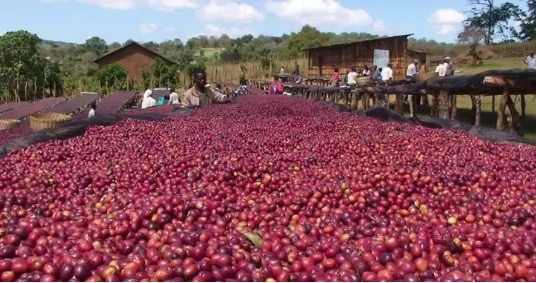
According to the current coffee bean export policy in Ethiopia, it proposes to double the export price for special processing method coffee beans compared to traditional coffee beans. Amir Hamza, the president of the AFCA, said in an interview with Xinhua News Agency that the biggest problem facing Africa is bad marketing methods and the export of coffee with ordinary processing methods, which is an issue that the AFCA is working hard to solve. Africa has the best coffee, but there is no decent sales, making it impossible for most coffee growers to obtain the appropriate product price. African countries that export coffee need to focus on specially processed coffee and apply better marketing strategies to increase their coffee export income.
It also encourages African coffee export companies to strengthen trade promotion, expand the market, and simultaneously focus on improving quality and processing to meet the needs of import markets and establish brands for sustainable exports. This is because after the raw coffee beans are exported from Africa, they will be mixed and roasted by companies outside the African continent, especially companies in Europe and the United States, and then sold as coffee products from other sources in the Middle East and the Far East. It also urges the African coffee industry to shift its focus to improving product quality and adapting to market taste trends, especially in the major coffee consumer markets, which account for half of global coffee imports, including the United States and the European Union.
The executive director of the AFCA stated that coffee growers in Africa lack the necessary knowledge and technology to produce high-quality coffee. Therefore, it urges African traders to cooperate and establish production chains, and it is more feasible to adopt modern technology and promote the transformation from raw coffee to processed coffee exports. The coffee production and export in Africa are affected by the rising inflation, geopolitics, and the rising cost of fertilizers. Coffee export companies should closely monitor the market to develop appropriate business strategies. Finally, it called on coffee buyers and governments to support farmers’ knowledge and skills in coffee agronomic practices and help them obtain the appropriate product prices in the international market.
According to the AFCA, non-coffee-producing African countries, such as Egypt, Sudan, Libya, Algeria, Morocco, Nigeria, and South Africa, will be the most important destinations for the African coffee market. And with regard to the upcoming EU deforestation regulations, Africa imports more coffee than it exports, and the president believes that the regulation has less impact on African coffee exports. In the future, African producing countries face challenges such as climate change, access to investment, low yields, and market access.


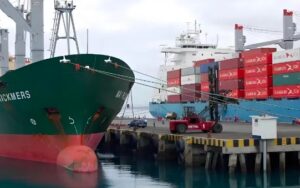
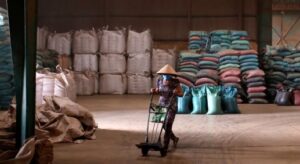

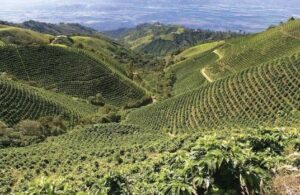
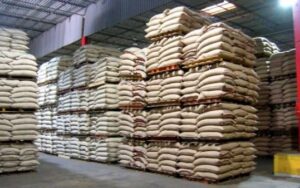



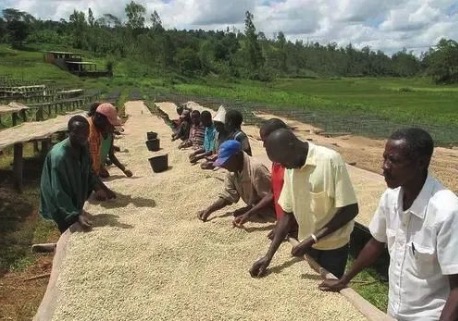
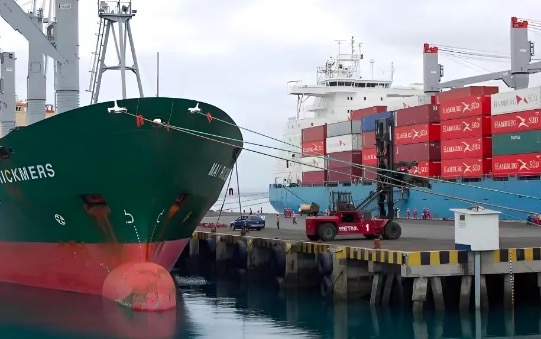
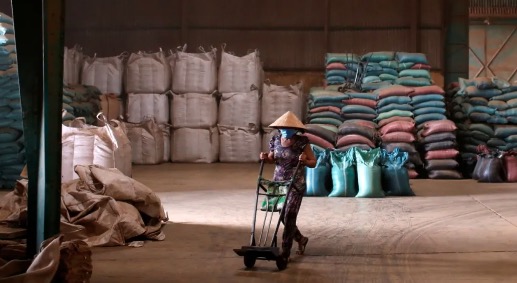
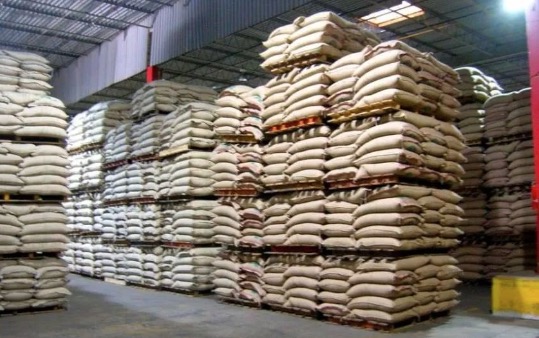

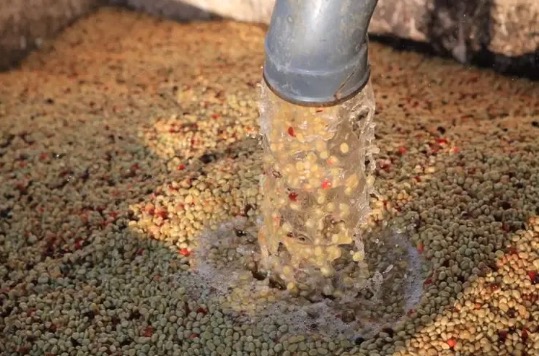
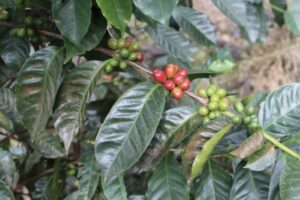


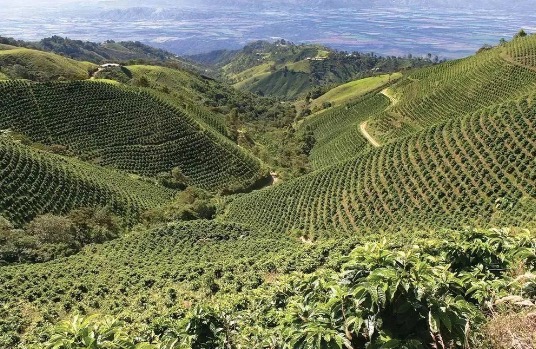
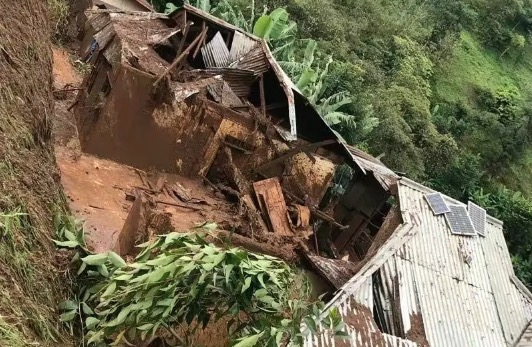
+ There are no comments
Add yours